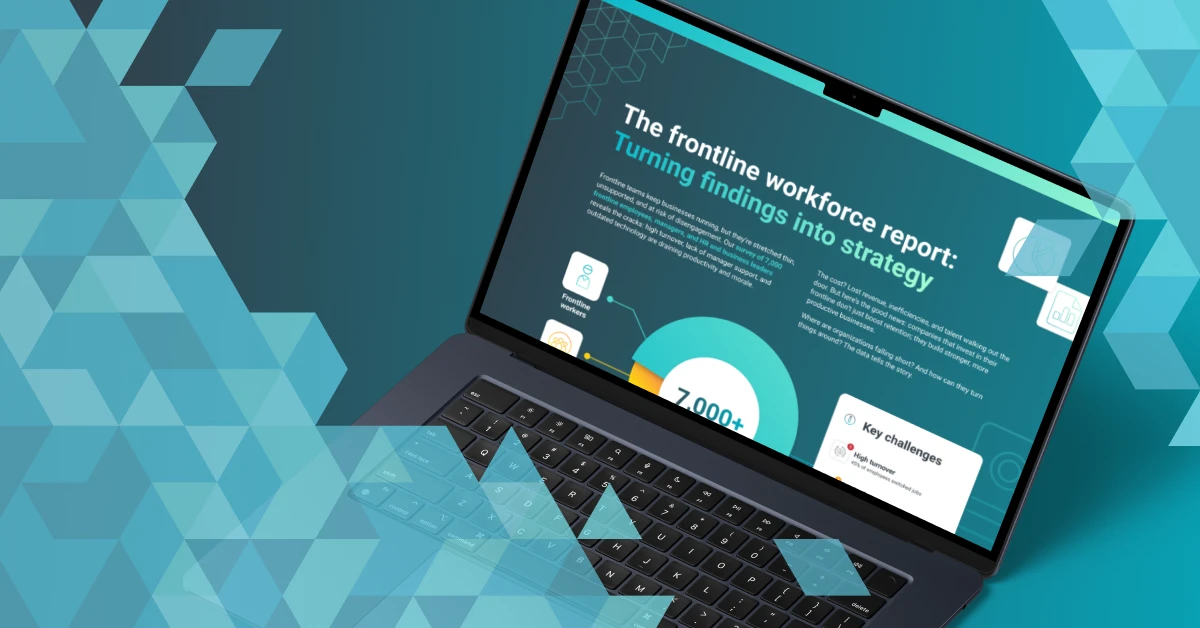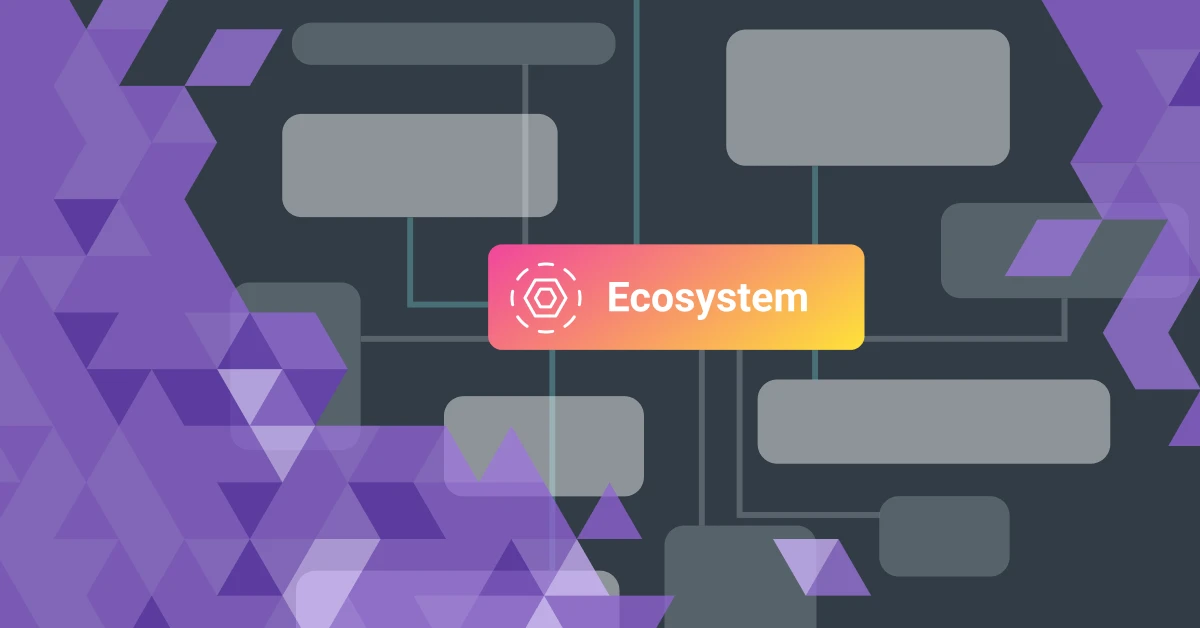3 Insider Tips on How to Communicate with Employees Without Email

Table of contents
- 1. Best Ways to Communicate with Employees: Face-to-Face Employee Communication with Management
- 2. How to Communicate With Employees: Digital Displays for Internal Communications
- 3. How to Communicate Changes to Employees: Mobile Team App for Workforce Management
- Discover how Wheatsville Food Co-Op reduced their emails by 90%! Download the case study to see how they did it.
Employee communication is frequently overlooked as a core component of a thriving workplace. This is especially the case when you have employees who work off-site. Here’s how to communicate with employees without email.
In fact, most people would be surprised to know that more than half of jobs in the US come without work email accounts. In today’s always-on digital work environment, we forget that there are about 12 million manufacturing jobs that have a workforce that is either mobile or works out of a plant, and there are 75 million Americans who work at a cash register, kitchen, factory, or job site.
With digital communication and employee engagement becoming essential priorities for top-performing organizations it becomes easy to overlook these email-less employees.
However, given the ruthless competition and speed at which businesses operate in the 21st century, employees without email access have to be kept in the loop.
Here are three great ways that reveal how to communicate with employees without email access.
1. Best Ways to Communicate with Employees: Face-to-Face Employee Communication with Management
A survey of non-desk workers at US companies with more than 1,000 employees found that 84 percent didn’t feel they got enough information from management, while 75 percent felt their employers weren’t telling them enough about policy changes.
To fix this, management must schedule regular face to face meetings with employees to ensure they feel a part of the organization’s mission and have a say in company policy. This way management is able to clearly communicate new policies and changes with employees, and employees are included on these updates.
2. How to Communicate With Employees: Digital Displays for Internal Communications
Executives, in cooperation with human resources staff, may develop policy and communications digitally, but in companies with field or plant workers these messages need to be displayed digitally via televisions or digital signage.
Positioning these televisions in high traffic areas to displays announcements, policy changes, or directives is very effective for companies where employees don’t have access to the Internet while working. Messages that would otherwise be sent via email need to be communicated effectively and distributed consistently in order for the effort to be worth it.
3. How to Communicate Changes to Employees: Mobile Team App for Workforce Management
Now you may ask, if employees don’t have a work email, why offer them a team app for internal communications?
The answer is that the vast majority of these workers have smartphones, and while they may not be able to access them while on the clock, they are certainly part of their routine when they are off it. With targeted, timely mobile messaging that doesn’t flood your employees phones with notifications, you can get more effective internal communication than a typical work email.
Some of the biggest companies in the world like GE still choose not to give their factory employees work email address. Instead, they choose workforce solution tools to effectively communicate with their employees.
UPS doesn’t give work email accounts to their drivers or even their pilots. The key for email-less employees is making sure they don’t feel left out of the loop use by using all of the means available to get your message across. One of the easiest methods to do this is through an employee app.
About the author
Cristian Grossmann
CEO and Co-Founder, Beekeeper
Cris is CEO and Co-Founder of Beekeeper, an award-winning digital workplace app that digitizes the non-desk workforce in 137+ countries by connecting operational systems and communication channels within one intuitive platform. Beekeeper helps companies increase performance and productivity, enhance employee engagement, reduce turnover costs, and elevate corporate culture. Prior to founding Beekeeper, Cris worked for Accenture on high profile international projects in the field of IT Strategy for the financial and public sectors. Cris studied Chemical Engineering and got his Ph.D. in Electrical Engineering, both at ETH Zurich. Before moving to beautiful Zurich, Cris was born and raised in an entrepreneurial Swiss-Mexican family in Mexico City.








